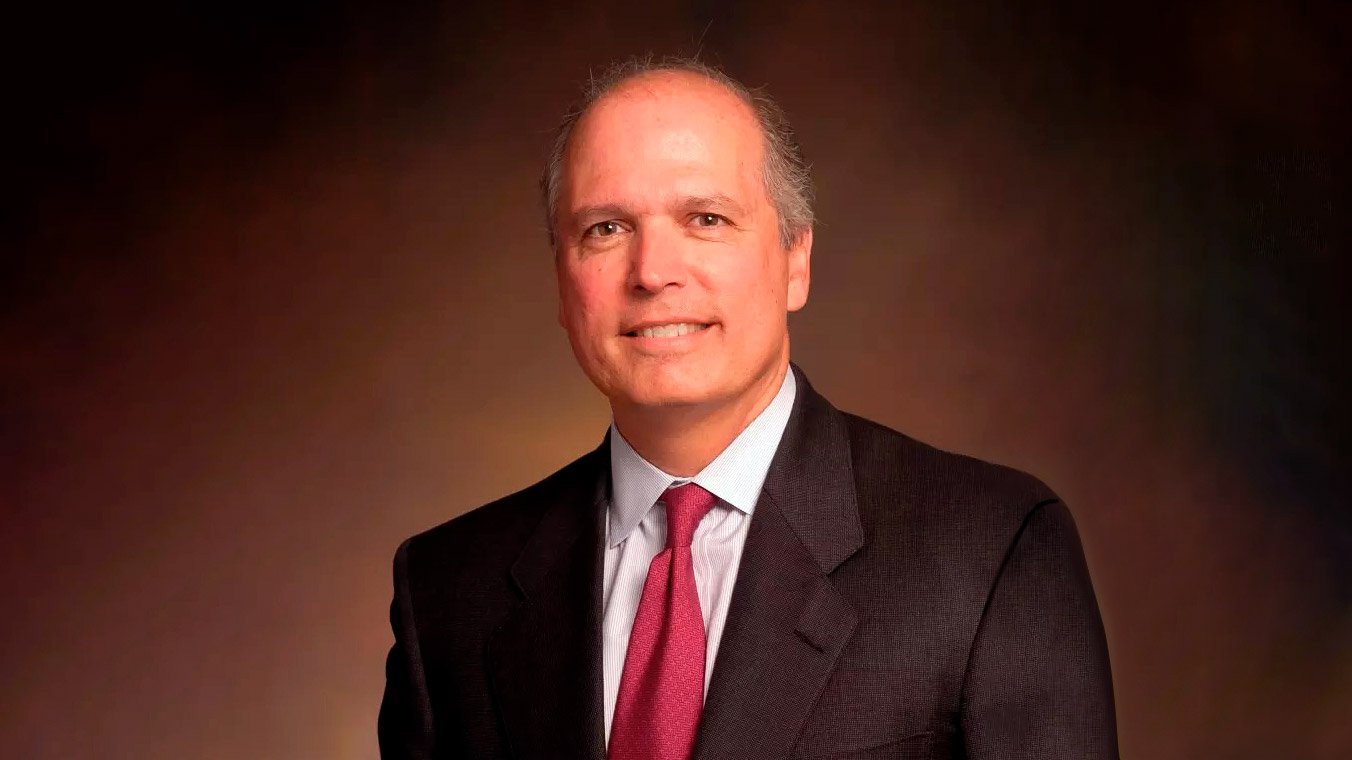Caesars Entertainment reports 4% EBITDA growth in Q1 2025 as digital performance grows

Caesars Entertainment posted a 4.1% year-over-year increase in adjusted EBITDA for the first quarter of 2025, supported by strong performance in its digital segment and steady growth in regional markets. The company reported total GAAP net revenues of $2.8 billion for the quarter ending March 31, up from $2.7 billion in the same period last year.
Contrasting with a slight decline in revenue from Las Vegas properties, which brought in $1.00 billion, down 1.9% from $1.02 billion, Caesars Digital surged ahead with $335 million in revenue, marking an 18.8% increase from $282 million a year earlier. Regional casinos also saw modest growth, generating $1.39 billion, up 1.7% from the previous year.
Caesars reported a net loss of $115 million for the quarter, an improvement from the $158 million loss reported in Q1 2024. Same-store adjusted EBITDA rose to $884 million from $849 million.
“During the first quarter of 2025, consolidated Adjusted EBITDA grew 4% over prior year driven by significant gains in our Digital segment which delivered a new Q1 record, growth in our regional segment with strong contributions from recently opened properties and a solid quarter in Las Vegas against a tough Super Bowl compare last year,” said Caesars CEO Tom Reeg.
The Las Vegas segment’s performance was partially impacted by difficult comparisons to the first quarter of 2024, which included the Super Bowl. However, adjusted earnings margins in Las Vegas rose by 50 basis points to 43.2%, and the company recorded its third-highest first-quarter adjusted earnings in its history.
President and COO Anthony Carano noted that Caesars had “a good start to 2025” despite challenges, including weather disruptions and unfavorable gaming results during March Madness. “Our results reflect stable trends in the brick-and-mortar segment and continued strong growth in digital,” Carano said.
Caesars Digital delivered $43 million in adjusted EBITDA, up from just $5 million in Q1 2024. Sports betting revenue increased 9%, while iGaming surged 53% year-over-year. “Through the first 27 days of April, iGaming revenue is up almost 70% year-over-year,” said Eric Hession, President of Caesars Sports & Online. On a hold-adjusted basis, Caesars Digital revenue would have grown by 31%, or $88 million.
Reeg also addressed investor concerns around macroeconomic uncertainty and consumer sentiment. “We do not see any of the consumer softness that investors seem to be worried about. Our forward bookings still look quite strong,” he said. “If you look at where consensus is versus where we were last year, you’d have to see a dramatic downturn in brick-and-mortar performance in the eight months left in the year for us not to be a significant grower of EBITDA in 2025.”
International visitation remained largely stable, with Reeg noting that Canada accounted for only 3% to 4% of traffic to Las Vegas. “We’ve certainly seen a reduction in Canadian visitation, but we’re a 97% to 98% occupancy business. At that level, you’re turning away others, so we’ve been able to replace that business,” he said.
On the capital side, Caesars closed the quarter with $884 million in cash and cash equivalents and $12.3 billion in outstanding debt. CFO Bret Yunker emphasized that the company expects to benefit from lower capital expenditures and cash interest in 2025, with free cash flow improving significantly. “We repurchased $100 million of our shares during April at an average price of $23.84 per share,” Yunker added.
Caesars anticipates modest growth in Las Vegas, stable performance in regional properties, and continued double-digit expansion in digital. Reeg concluded, “I feel better about the way the business is going right now than I did at any point in 2024.”

















































